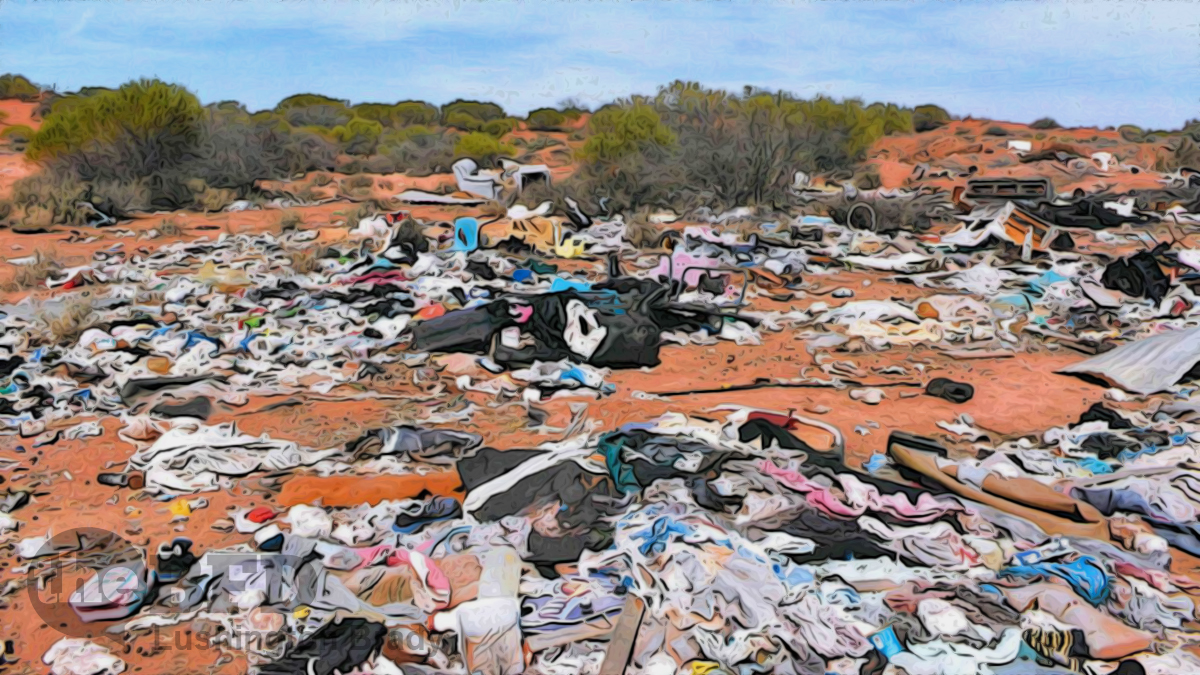In 2015, Australians got a practice run of Trump Derangement Syndrome. We even coined the phrase, except that we dubbed it “Abbott Derangement Syndrome”. Anything Tony Abbott said was guaranteed to send the left and their lickspittle media into fits of screeching outrage.
No matter how commonsense or prosaic the statement.
For instance, that people who choose to live in the remotest places in the world, with no jobs, no infrastructure, not much of anything except red dirt, can’t expect taxpayers elsewhere to subsidise their lifestyle choice forever.
“Lifestyle choice”: hoo boy, did that trigger the left and the Aboriginal industry. “They’re living on country! It’s traditional!” they shrieked. So… they’re making a choice to live a certain way… a lifestyle choice.
Seven years later, that lifestyle choice — and the sense of entitlement that goes with it — isn’t looking any better.
Locals say dozens of people remain without accommodation months after civil unrest in the Northern Territory community of Wadeye forced many families to flee their homes.
Outbreaks of violence in remote communities are a depressingly regular feature. All too often, the violence targets the very people that Australian taxpayers subsidise to try and help these obviously dysfunctional communities: police, nurses, teachers. Nurses have to have panic rooms installed in their housing because of the ever-present risk of rape and murder.
At what point are Australian taxpayers entitled to say, “Enough is enough!” If over $30bn a year isn’t enough to “close the gap”, what ever will be?
More pertinently, how long should the rest of Australia persist in trying to help people who only ever seem to meet help with resentment?
The man’s lawyer said he was a cultural leader and denied he participated in gangs.
At least 35 homes have been destroyed and about 100 damaged in the fighting that government sources say involved groups of 50–300 people carrying weapons and caused significant injuries and other property damage.
Not long after the trouble broke out, Wadeye leaders shut down attempts by journalists to visit the community. They are understood to have been angered by the portrayal of their community, especially on social media.
Or do they just not want the truth getting out? Why am I reminded of Beijing’s rigid control of information?
Another local characterised the leaders’ perspective as not wanting to conceal the violence but rather to have it understood in context. “They want people to understand that there’s a lot more to it than just family feuding,” the local said.
“There are 3000 people here, but there are not 3000 jobs. There’s no swimming pool, no good roads – there’s really only a store, and nothing else to look forward to.
“Some families are living 15 people in a house with one toilet. That toilet breaks, and they all have to go next door for three weeks, so then you’ve got 30 people to a house with one toilet … It’s really hard.”
The Australian
Then do what other people in remote areas do when something packs up: fix it. Don’t sit on your arse waiting for someone to travel hundreds of kilometres on the taxpayer’s dollar, to do a job that some simple tools and a bit of work can take care of.
If there’s no jobs, do what everyone else does: go to where there are jobs. There’s a reason outback Australia is peppered with ghost towns. Once-thriving communities ran out of economic reasons to exist, so the people moved on.
Of course, the excuse is always “traditional lifestyle”, but when in the last 60,000 years was indoor plumbing, houses and welfare payments “traditional”?
More importantly, the vast majority of Aboriginal Australians do not live in remote communities, and they’re thriving by comparison.

